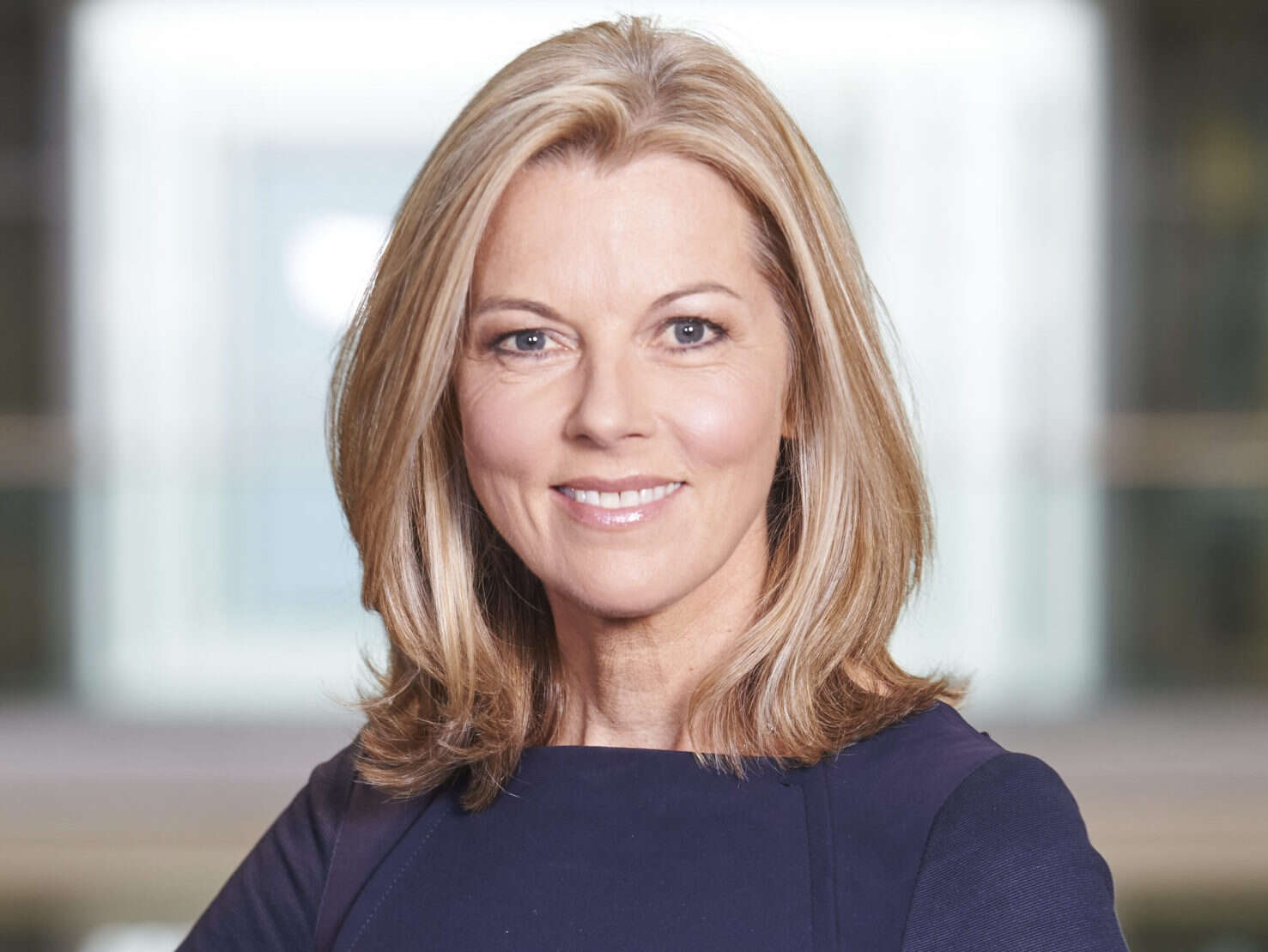
ITV News presenter Mary Nightingale answers our questions about broadcasting during a pandemic, how she copes with the “relentless grimness” of the Covid-19 story and why the new “super-efficiency” in TV news could be a bad thing.
How have you been keeping positive during lockdown?
A combination of work and walking has kept me sane. It’s been hugely helpful to have the regular routine of the Evening News every day at 6.30pm. Whatever else is happening; it’s given me something to structure my days around – and I’m thankful for that.
I’ve got into the habit of taking long morning walks with my husband – our current record is 28km. We live near the Thames in West London, and pacing the tow path has become an almost meditative pleasure. When cars vanished at the start of lockdown we explored central London too. It has felt like a totally different city – almost deserted, but alive with birdsong – and bathed in seemingly endless sunshine. Despite the daily horror of coronavirus, there are still things to feel positive about.
What have been the biggest challenges of broadcasting during lockdown?
It’s more important than ever that ITV News maintains the quality of its service to viewers. There’s so much information to be reported, clearly and accurately, and I’ve felt a responsibility to be present and reassuring amidst the uncertainty.
But we have had to uphold our standards with fewer staff on site, and while protecting the welfare of those still in the newsroom. The programme teams usually work in tight groups, within easy discussion/debating distance, but that obviously had to change very early on. Many colleagues started working from home, which challenged communication – not to mention forcing new ways of newsgathering and remote editing. But everyone has risen to the task and done brilliantly.
We’ve had a few close shaves over the past 12 weeks – and I‘m certainly aware of being more exposed without the usual safety nets, if things do go wrong – but being in a global pandemic certainly helps put things into perspective. Does anyone really mind if things aren’t perfect? I’ve certainly had to relax about how I look on air, which has been liberating; viewers have far more important things to worry about than the state of my hair….
What work have you been most proud of during the pandemic?
After a few weeks of lockdown we decided to approach the story slightly differently one evening. Normally we might do an outside broadcast to give greater emphasis – but that obviously wasn’t an option. So we decided to devote a programme to examining the impact of pandemic on one town.
Everything from the daily death toll to PPE, care homes, NHS workers, job losses, furlough – all through the prism of Walsall in the West Midlands. It was very effective – enabling us to cover what was becoming a familiar news agenda in a fresh way.
Which other news outlets have most impressed you on the pandemic?
I confess I have tried not to watch too much news when I’m not at work. The relentless grimness of the Covid story started to take its toll at the height of lockdown – I found when I got home I just wanted to switch off, and not engage in more disease and bereavement.
But I do listen to radio – particularly 5 Live. Their excellent morning show with Nicky Campbell and Rachel Burden has lured me away from Today.
How do you see the future of broadcast journalism? Do you think the pandemic will lead to any permanent changes?
I’ve been working in TV news for 30 years now – 20 of them at ITN. I lose count of the number of times I’ve heard that broadcast news has had its day, and is no longer relevant. But we just keep going.
Our viewing figures are at their highest for years, as audiences seek out a trusted news source amidst the Covid chaos. We have developed newly efficient ways of working, which has been challenging and rewarding – but I worry that our new super-efficiency might lead to job losses in the longer term. I don’t think any industry will be immune from the recession heading our way.
What’s the biggest lesson you’ve learned during this crisis?
When you work in news you’re used to covering death and disaster – but you’re also used to walking away at the end of the story, and resuming your own life. Coronavirus has made me aware that we’re all closer to the precipice than we like to realise.
News isn’t just something that happens elsewhere, to other people. We are all vulnerable, and we need to remember that.
Picture: ITV News
Email pged@pressgazette.co.uk to point out mistakes, provide story tips or send in a letter for publication on our "Letters Page" blog
